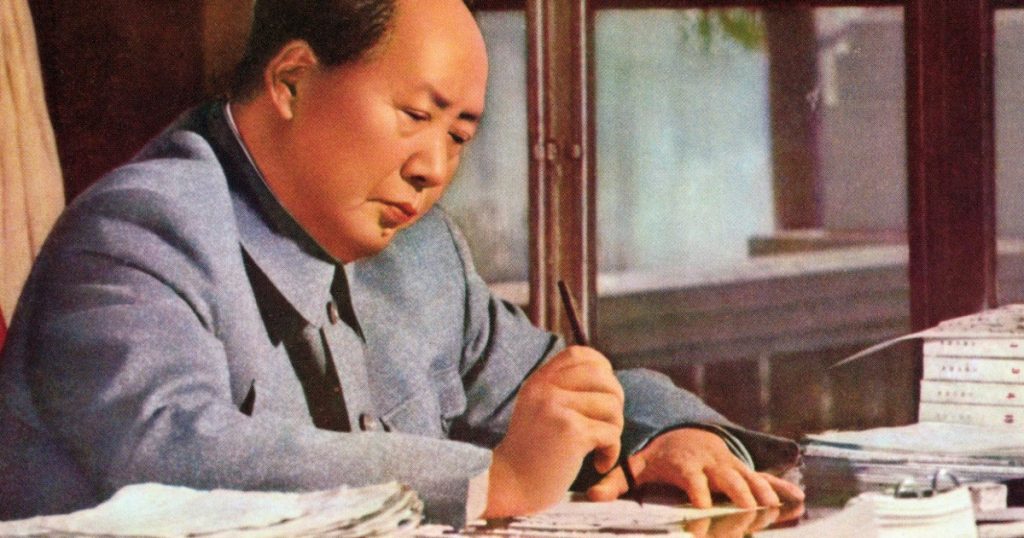The diaries of Li Rui, a high-ranking Chinese official and critic of Beijing, are at the center of a legal battle in the United States, highlighting questions about who will write the history of modern China. Li, who kept detailed handwritten diaries from 1946 to 2018, was privy to important events in Chinese Communist Party history that may conflict with the official party narrative. These diaries cover periods of internal disputes, policy missteps, and even the Tiananmen Square crackdown, challenging the party’s portrayal of China’s rise.
Stanford University’s Hoover Institution is currently the home of Li’s diaries, donated by his daughter, Li Nanyang, who feared they might be destroyed by Chinese authorities. Li’s widow, Zhang Yuzhen, has sued for their return, claiming they are rightfully hers and contain deeply personal information. The lawsuit has raised concerns about the possible censorship of the diaries by Chinese authorities, who may restrict access to content critical of the party. Li’s writings were banned in China in 2006 due to his long-standing criticism of Communist Party leaders and policies.
Li Rui joined the Chinese Communist Party in 1937 and held important positions, including personal secretary to Chairman Mao Zedong. He faced expulsion from the party over his criticism of Mao’s Great Leap Forward program, which led to millions of deaths. However, Li was later reinstated and became highly critical of the government’s crackdown on pro-democracy protests in 1989 at Tiananmen Square. His diaries provide valuable insights into his thoughts during these crucial historical events.
While the Hoover Institution has scanned copies of the diaries, historians emphasize the importance of retaining the original materials for research purposes and to maintain authenticity. There are concerns that the Chinese government may alter materials to fit its desired version of history, potentially using the originals to challenge research findings based on scanned copies. Scholars argue that having the originals is crucial to prevent selective release of information that supports preferred narratives or could be manipulated.
The lawsuit over Li Rui’s diaries raises questions about the motivations behind Zhang Yuzhen’s legal action, given her advanced age and limited resources. Some suspect Chinese authorities may be involved in seeking the diaries’ return to control access to potentially damaging content. Li’s writings have been seen as a threat to the party’s narrative of China’s history, and the outcome of the legal battle will determine who has the authority to manage and preserve his legacy. The unprecedented nature of this case reflects the challenges of studying and interpreting China’s past under an authoritarian regime that tightly controls historical narratives.


